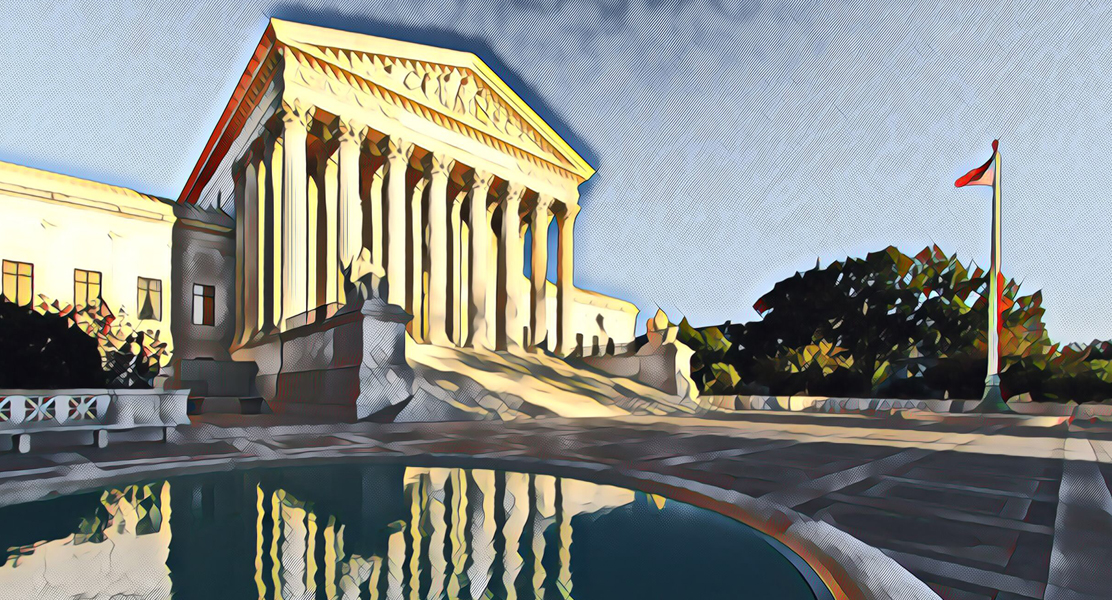Retired Justice Stevens, Establishment Clause champion, dies at 99

Justice John Paul Stevens spent 35 years on the U.S. Supreme Court before retiring in 2010 (Justice Elena Kagan now holds his seat). His tenure spanned a time of significant developments in church-state and religious liberty law.
At the time of his retirement in 2010, there were several reflections on his time on the Court. Former BJC Executive Director Brent Walker wrote about Stevens’ tenure in the May 2010 edition of Report from the Capital, which you can read here (the article about Stevens is on pages 6-7). While many, including BJC, noted Stevens’ somewhat “weaker view of the Free Exercise clause,” his defense of a robust Establishment Clause is without question.
Here are a few examples of Justice Stevens’ jurisprudence in this area:
In Santa Fe Independent School District v. Doe (2000), the Court held unconstitutional school-sponsored prayer at high school football games. In his majority opinion, Justice Stevens wrote:
For many [students]… the choice between attending these games and avoiding personally offensive religious rituals is in no practical sense an easy one. The Constitution, moreover, demands that the school may not force this difficult choice upon these students . . . . [N]othing in the Constitution as interpreted by this Court prohibits any public school student from voluntarily praying at any time before, during, or after the school day. But the religious liberty protected by the Constitution is abridged when the State affirmatively sponsors the particular religious practice of prayer.
In 2002, when the Court upheld a school voucher program that funded religious education with taxpayer funds, Justice Stevens wrote a stinging dissent, calling the court’s decision “profoundly misguided,” and warning:
Whenever we remove a brick from the wall that was designed to separate religion and government, we increase the risk of religious strife and weaken the foundations of our democracy.
In 2010, Justice Stevens wrote a dissenting opinion in Salazar v. Buono, where the majority upheld as constitutional Congress’ transfer of land to preserve a large memorial cross.
[Congress’] remedy … was engineered to leave the cross intact. . . . I certainly agree that the Nation should memorialize the service of those who fought and died in World War I, but it cannot lawfully do so by continued endorsement of a starkly sectarian message.
Justice Stevens consistently advocated for the view that religious expression by government, or even the appearance of religious endorsement by government, may violate the First Amendment rights of a constituent who does not share in those religious views. “A paramount purpose of the Establishment Clause,” he wrote, “is to protect such a person from being made to feel like an outsider in matters of faith, and a stranger in the political community.”
As the strength of the Establishment Clause continues to recede today, voices like Justice Stevens’ are more important than ever in ensuring that the religious freedom rights of all are protected vigorously.




